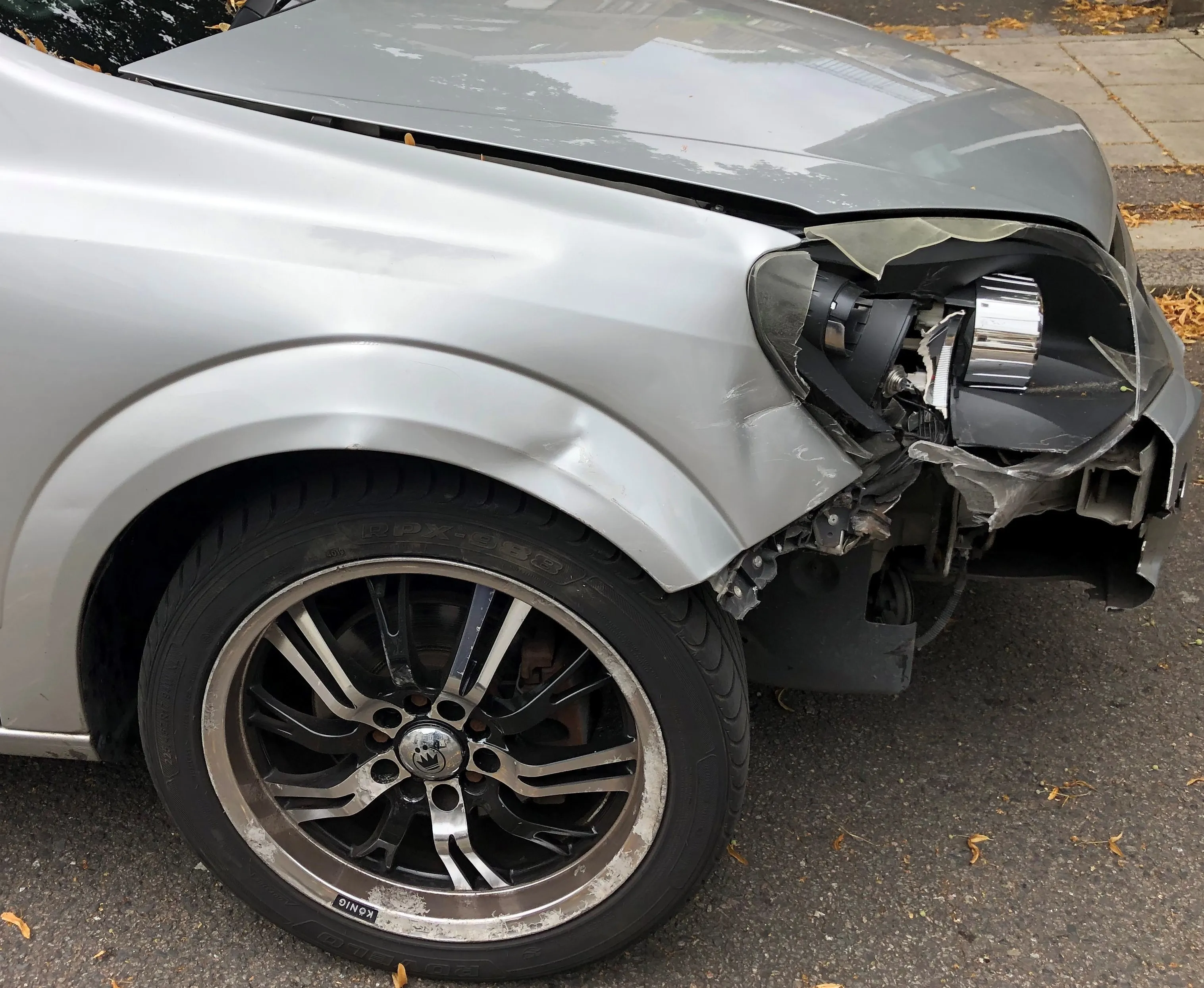Pan-European enforcement of driving regulations should catch offenders and help improve Europe’s road safety - Mike Woof reports. Agreements are being reached that will see Pan-European enforcement of driving regulations. Drivers will now face being penalised for any offences committed in other European countries. The change is due on 7th November 2013. After this date EU Member States will commence the cross border exchange of data relating to road traffic offences. For this scheme to work, eight offences
September 30, 2013
Read time: 4 mins

Pan-European enforcement of driving regulations should catch offenders and help improve Europe’s road safety - Mike Woof reports
Agreements are being reached that will see Pan-European enforcement of driving regulations. Drivers will now face being penalised for any offences committed in other European countries. The change is due on 7th November 2013. After this dateThis development has taken some political negotiation to achieve. There have been concerns over data sharing, while some countries were also using these negotiations as a means to broker other agreements on completely unrelated issues. At the same time the move may come as something of a shock to drivers in those European countries where enforcement of laws is currently lax. Denmark, Ireland and the UK are not party to the agreement, although they say they already share data for serious driving offences.
The president of Pan-European police body,
A clear and informative guide to driving in each European country is included on the TISPOL website. Each guide, presented as a downloadable PDF document, contains up-to-date details of speed limits, specific rules on drink-driving enforcement and other important information.
This guide is useful and highlights points that European drivers often overlook. Driving rules do vary between European nations, something for which road users will have to be more aware than at present. There is little consistency across Europe with regard to speed limits both in urban environments and on highways and this can trap the unwary when driving in another country. The way car drivers are expected to behave around vulnerable road users such as pedestrians or cyclists also varies from country to country. Drivers in some countries are required to carry emergency warning triangles, high visibility apparel and alcohol testing kits. And while the UK presently allows drivers a higher blood alcohol level than most other European countries, enforcement is much tougher than in most other nations. Legal measures for offences vary widely, even amongst neighbouring nations and drink driving offenders in Belgium for example will receive far less severe sentences than those just across the border in France, Germany or the Netherlands. Meanwhile those caught drink driving in Sweden may face a prison sentence, which could deliver an unwelcome surprise to those from countries with a more lax approach. Use of seatbelts also varies widely across Europe, with Eastern European and Southern European countries having lower levels of use, less severe penalties for offenders and less enforcement. Broadly speaking, enforcement of seat belt use is stricter in Northern Europe and penalties for offenders also tend to be tougher. Similarly, the laws and enforcement of laws against cellphone use by drivers vary very widely and in spite of Sweden’s strong road safety record, it has been very slow to ban cellphone use amongst drivers.
Some other issues may yet have to be resolved; the problem of Europe’s many languages being one. Irish police encountered such a problem for example when booking a number of Polish drivers for various offences. Traffic officers diligently wrote down what they believed to be the name of the offending driver, only to discover later that they had instead copied the Polish word for driver’s licence. This was initially identified when it transpired that a large number of offences had been committed by the one person, which was then translated from the Polish as Mr Driving Licence.







